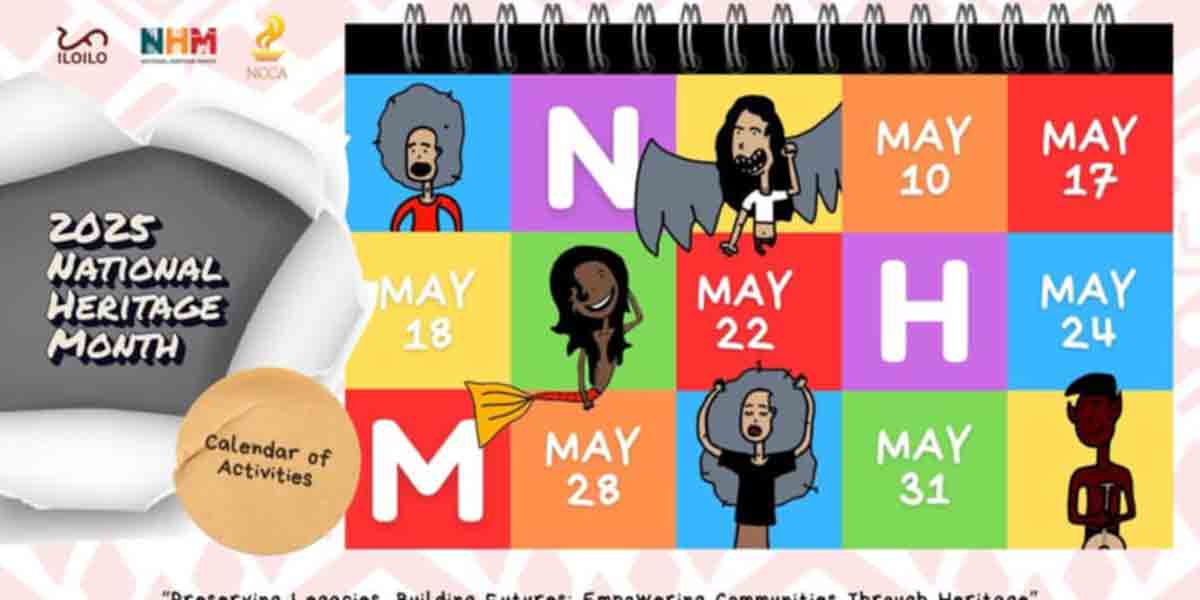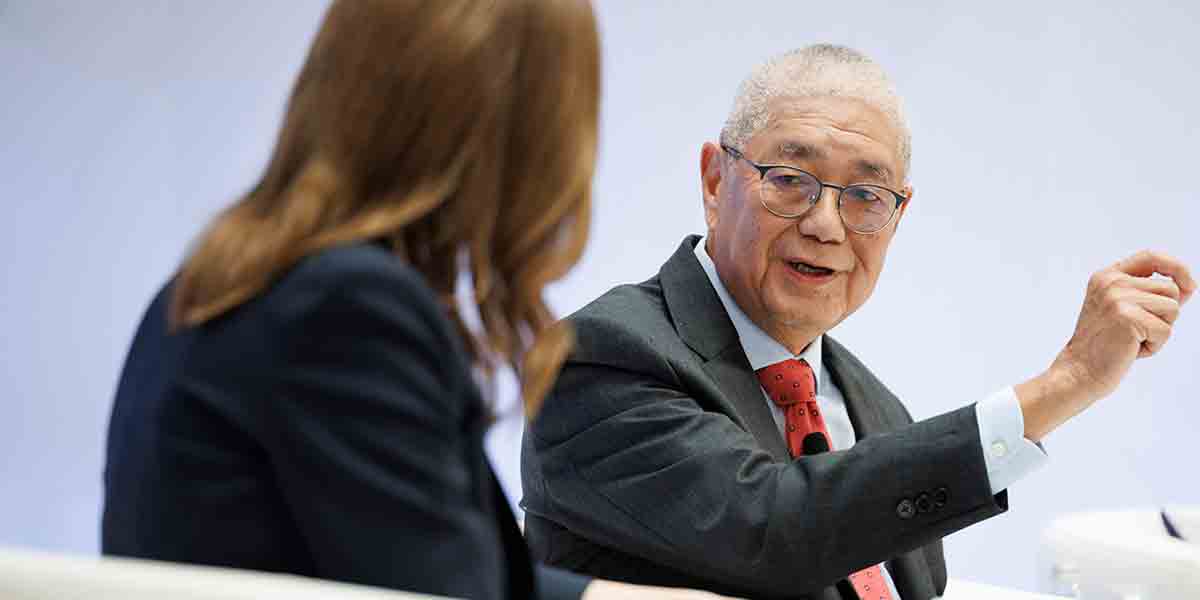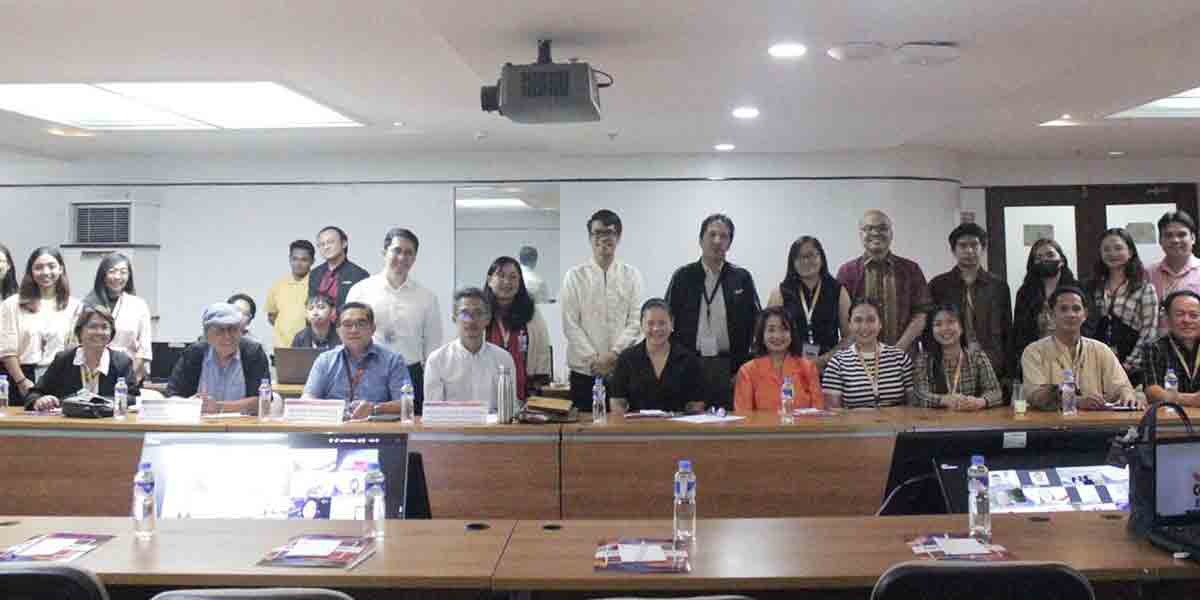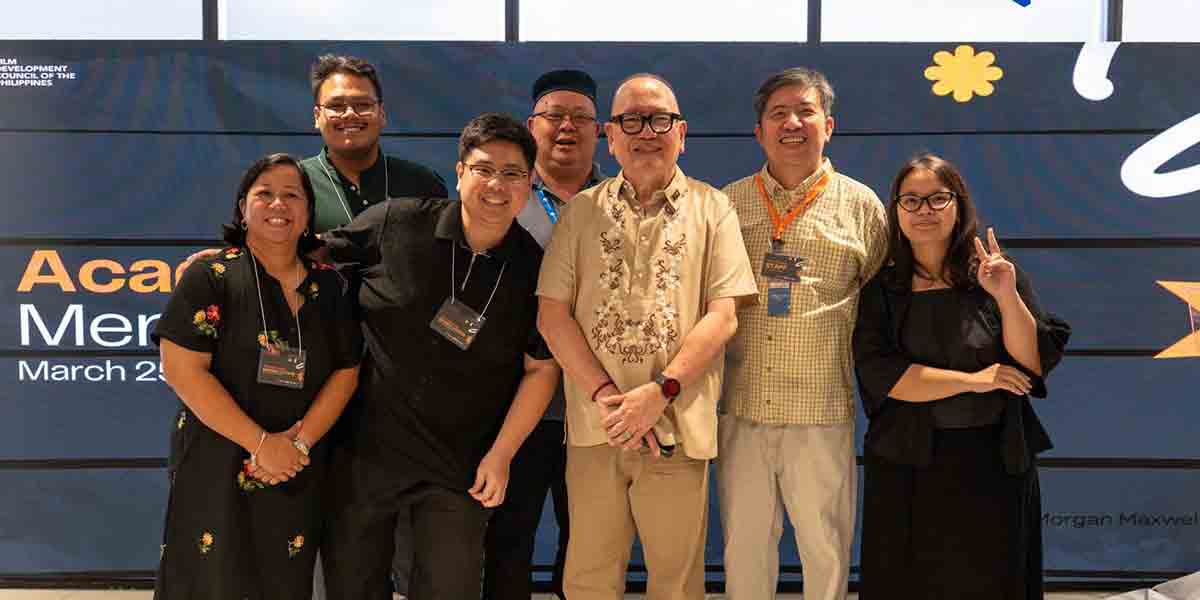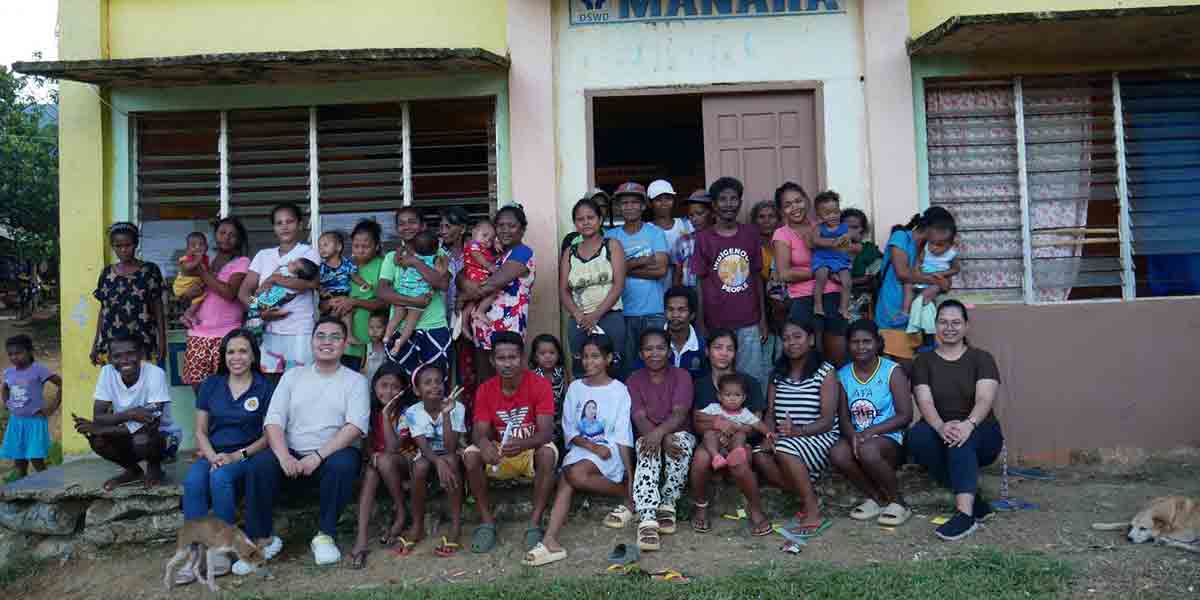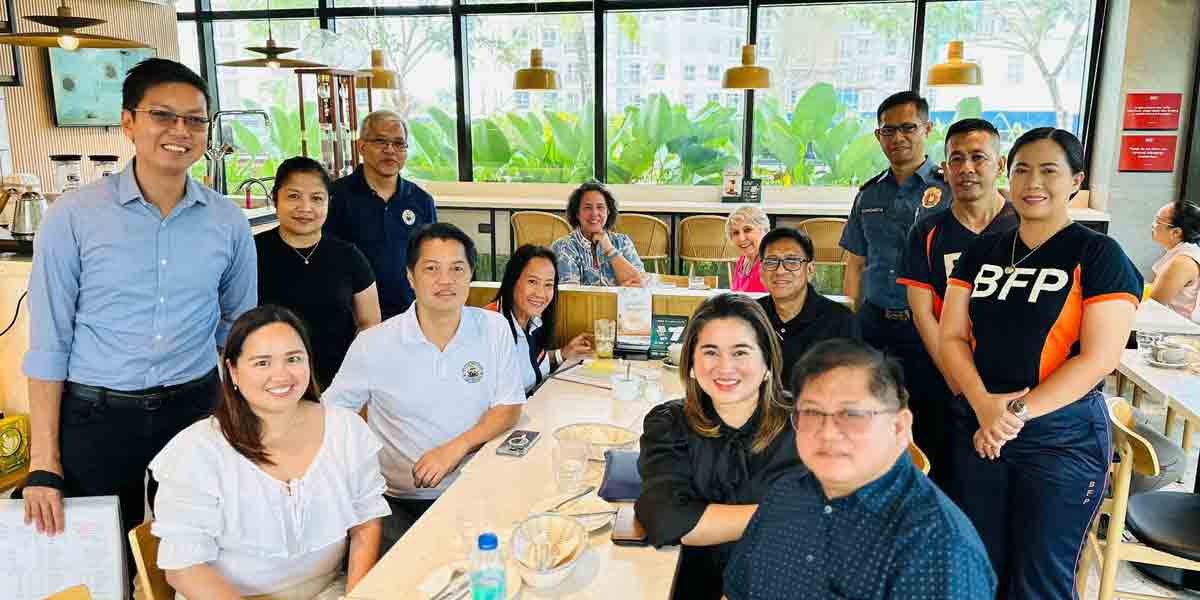The reality of soaring prices has turned inflation into the defining issue for Ilonggo voters as they prepare for the upcoming May elections.
Everyday citizens who earn between ₱300-500 daily are the true faces of this economic crisis, struggling to afford even basic necessities like rice and fish.
Their voices—often overlooked in political discussions—reveal the profound disconnect between policy decisions and their impact on our most vulnerable communities.
When a dried fish vendor in her sixties must plead with politicians to fulfill their promises and address economic struggles rather than pursue self-interest, we must acknowledge that our system is failing those it should protect most.
The statistics is worrying: Western Visayas’ 3.6% inflation rate now exceeds the national average, with essential food items, transportation, and services becoming increasingly unaffordable.
More troubling still is the revelation that what cost ₱100 in 2018 now requires ₱131.10, with our peso’s purchasing power diminished to just 76 centavos of its former value.
This economic deterioration embodies missed meals, educational opportunities foregone, and dreams deferred for countless families across our region.
The minimum wage range of ₱480-513 has proven woefully inadequate against this inflationary tide, leaving workers perpetually falling behind despite their honest labor.
As candidates campaign for our votes, they must move beyond vague promises and present concrete, actionable policies that directly address wage stagnation and price stabilization.
The power to demand these solutions lies with voters, particularly our region’s working class, who must transform their shared economic concerns into collective political action.
Young Ilonggos—who dominate social media conversations and increasingly shape public discourse—have a crucial role to play in amplifying these economic justice issues.
This generation’s digital fluency and passion for change can elevate local economic struggles onto the national stage, forcing candidates to address inflation not as an abstract economic indicator but as the daily reality faced by millions.
The cost of goods will keep rising. Salaries may or may not catch up. But one thing is certain—elections will keep coming. Unless Ilonggos unite around their economic interests, they will always be treated as mere spectators rather than decision-makers in their own future.
The May 12 elections present an opportunity to prioritize policies that protect the economic dignity of all Ilonggos.
By centering the experiences of drivers, vendors, and minimum wage workers in our voting decisions, we can build an economy that serves people rather than the other way around.
The question facing every candidate must be direct and unavoidable: what specific steps will you take to make life more affordable for the ordinary Ilonggo?
Our collective answer at the ballot box will determine whether we continue down this path of economic hardship or forge a new direction where prosperity is shared by all, not just the privileged few.

